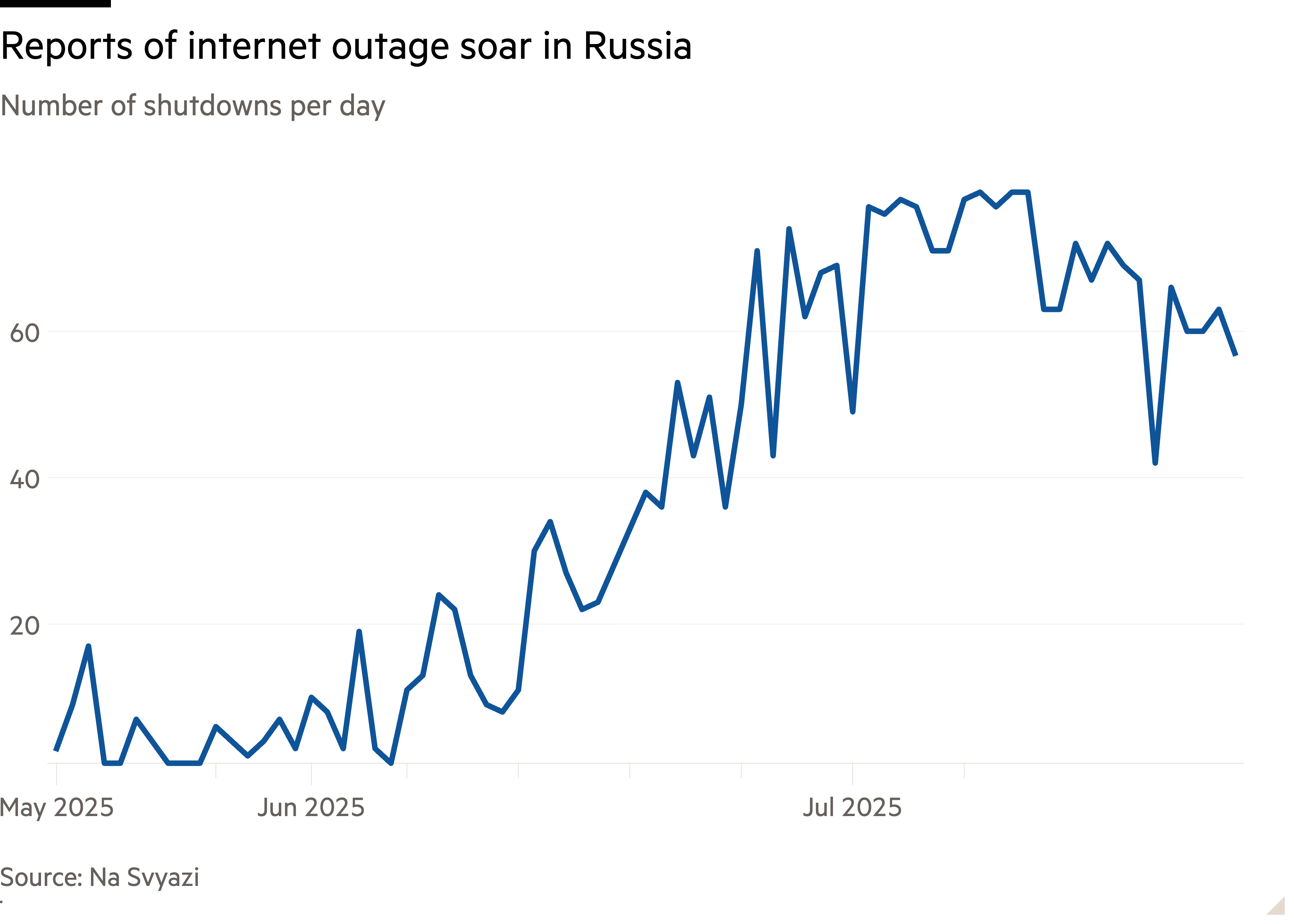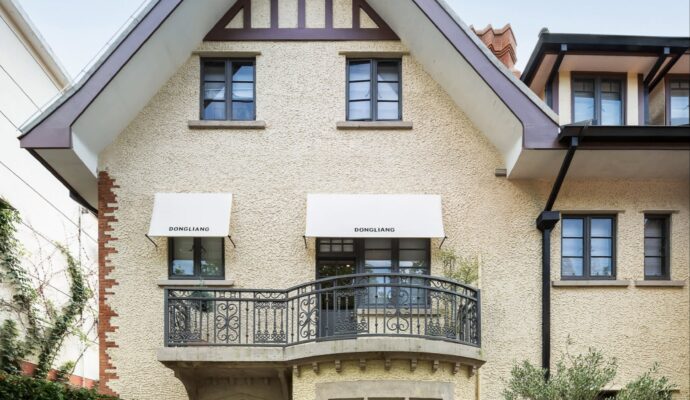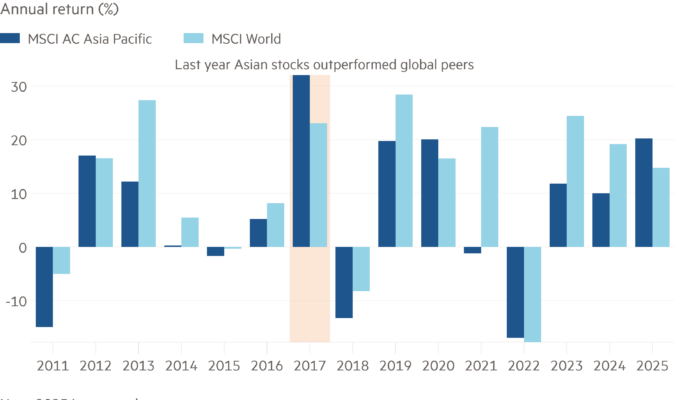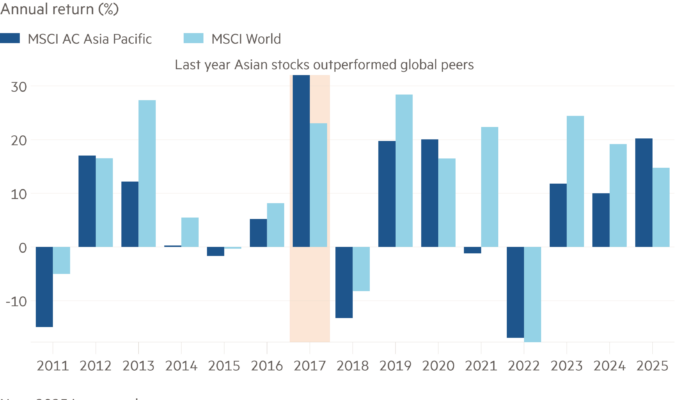Good morning. News to start: G7 finance ministers will meet virtually today to hear a demand from the US for the entire group to hit India and China with sharply higher tariffs as punishment for buying Russian oil, in an attempt to force Moscow into peace talks with Ukraine.
Today, our trade correspondent reports on rising hopes that the EU could clinch a long-desired trade deal with India, and our climate correspondent previews a crunch meeting between regulators and carmakers on combustion engine rules.
Have a wonderful weekend.
The art of the deal
US President Donald Trump’s tariffs are pushing India and the EU closer to concluding a rare trade deal as both seek alternative markets for their goods, writes Andy Bounds.
Context: Maroš Šefčovič, the European trade commissioner, and agriculture commissioner Christophe Hansen arrived in New Delhi yesterday to try to seal the pact before the end of the year.
Trump has placed a 15 per cent tariff on most EU goods, accelerating the bloc’s efforts to find alternative markets for its exports. He has hit India even harder with a 50 per cent tariff, including a 25 per cent penalty for buying Russian oil.
Trump now wants the entire G7 to follow suit, after earlier demanding the EU impose 100 per cent levies on India and China. EU officials however told the Financial Times that was unlikely, as India is a vital partner in trade and security matters.
Indian commerce minister Piyush Goyal told the ANI news agency earlier this week that they could “conclude the agreement substantially” during the visit. He said around two-thirds of chapters had been closed — though the most difficult ones remain open.
Trade talks have been tortuous after they were relaunched in 2021 following years of stalled efforts. India has applied tariffs as high as 100 per cent on products including spirits and chemicals. It has also ruled out lowering them on many agricultural products that the EU exports, such as dairy and sugar.
As part of the talks with Brussels, New Delhi is seeking special treatment under the EU’s green rules. Brussels is however pushing for acceptance of its high food safety standards, tougher labour and environmental rules and an end to restrictive Indian quality control orders which can be used to ban products.
But officials say even a small cut in tariffs would bring big rewards in such a big market. Bilateral goods trade between the two partners was worth €120bn in 2024.
Chart du jour: Offline

Ukrainian drone attacks on targets deep inside Russia have led to internet shutdowns, forcing people to memorise bus schedules and revert to cash payments amid the disruptions.
Ready to combust
Ursula von der Leyen will face the fumes of the car industry today as she meets its representatives to drive off their concerns over the EU’s 2035 combustion engine ban, write Alice Hancock and Sebastien Ash.
Context: In 2022 the EU agreed to phase out all new combustion engine cars by 2035. The policy that struck a chord with the climate ambition of the time but has since become a lightning rod for those concerned about the bloc’s ailing carmakers.
Today, the European Commission president will meet the CEOs of major European car and truckmakers, as well as industry bodies, trade unions and the NGO Transport & Environment to hear their views.
In a letter to the commission ahead of the meeting, the heads of the IG Metall and IndustriALL trade unions said that the car industry was “facing a perfect storm. Production has dropped by 20 per cent in just four years”.
The commission must boost demand and investment, they said. Industry commissioner Stéphane Séjourné will tell the meeting that the solution must include consumer incentives including sub-€20,000 models made in the EU.
Sigrid de Vries, director-general of the car industry body ACEA, said that the meeting “should raise the curtain for a pragmatic, more flexible and technology-neutral policy approach to decarbonising road transport”.
It will cap the end of a busy week for carmakers following the Munich motor show, where European car brands launched multiple electric vehicle models while simultaneously denouncing the ban.
Before the show, BMW chief executive Oliver Zipse told journalists he was in favour of CO₂ targets but described Europe’s current framework, based on tailpipe emissions with a hard end date for combustion engine sales in 2035, as “absurd” — although BMW is among the most advanced European carmakers on electric car sales.
Battery models made up 18 per cent of its sales in the first half of 2025. By comparison, the equivalent figure for Mercedes-Benz was closer to 8 per cent, and 11 per cent at Volkswagen.
What to watch today
G7 finance ministers meet to discuss sanctions.
China’s foreign minister Wang Yi begins visit to Austria, Slovenia and Poland.
Now read these
Are you enjoying Europe Express? Sign up here to have it delivered straight to your inbox every workday at 7am CET and on Saturdays at noon CET. Do tell us what you think, we love to hear from you: europe.express@ft.com. Keep up with the latest European stories @FT Europe


